Staying Motivated While Learning to Play the Piano
The piano is a timeless instrument that has been played by many throughout the past several centuries. It remains as one of the most difficult instruments to learn, but it appeals to the masses in a way no other instrument has done. Due to this, many people worldwide introduce their children to the piano at an early age to ensure that proper posture and technique is utilized.
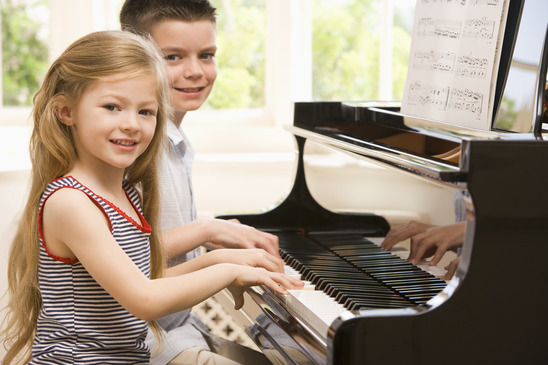 Tips for Keeping Your Piano Inspiration Going
Tips for Keeping Your Piano Inspiration Going
Although a most desired instrument, piano enthusiasts begin to lose inspiration and motivation once they realize how difficult the instrument is to learn. However, here are several tips to take into advisement while learning the piano to keep the inspiration and motivation alive:
Tip 1 – Hire a piano teacher or expert to teach new techniques.
Nothing helps more than having someone harping over you several times a week to ensure you are practicing, no matter how much you do not want to do so. It will be vital for all learning pianists to hire a teacher at some point so they can get proper advisement and become the best pianist possible.
Tip 2 – Never set a deadline.
Practicing for a while each day is the best method since, as they say, “Practice makes perfect.” However, never practice to a set time. Instead, try establishing goals that are more meaningful – practice scales five times, and play through newest song three times. When you get the motivation to play each day, play for as long as you want. This ensures you never get exhausted of the piano and it will always be an enjoyable experience. The piano should be an outlet to relieve stress, not a cause of stress.
Tip 3 – Play songs that interest you.
Finding songs that you enjoy playing will make the experience more positive. Pianists never excel when they work on masterpieces that they do not pour their heart and soul into it. Beethoven and Mozart, two of the most popular pianists in history, only made masterpieces that they felt were adequate and enjoyable for them. Following in their footsteps implies playing music from the soul, not what you think will “impress” people.
Tip 4 – Never Worry About Making Mistakes
Piano is not an easy instrument to learn and mistakes are bound to happen. When you begin training, expect to make a fair number of mistakes. Practicing enhances your overall playing style and lessens the number of mistakes made. Live by the quote, “Practice makes perfect.” The longer you train and practice on the piano, the less mistakes you will eventually make.
Patience is Key
The more patience you instill within yourself while training on the piano, the more motivated you will be to play every day. Ensure to never play longer than you can manage and just keep in mind that you are human. You will lose interest for a few days, you will make mistakes and you will master the piano on your own terms.

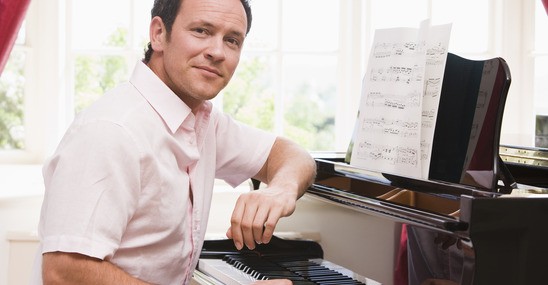
 Whether you are just learning how to play the piano, or you have been playing for years, posture at the piano is essential to comfortable playing. If you are not sitting in the correct position at the piano, you may find yourself with a sore back or neck. You may also find yourself struggling to play the instrument. Here are some tips to keep in mind to ensure that you are always sitting in the right position at the piano.
Whether you are just learning how to play the piano, or you have been playing for years, posture at the piano is essential to comfortable playing. If you are not sitting in the correct position at the piano, you may find yourself with a sore back or neck. You may also find yourself struggling to play the instrument. Here are some tips to keep in mind to ensure that you are always sitting in the right position at the piano.
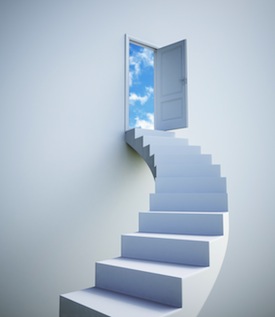 You would never think of having your daughter show up in a pair of her Mary Jane shoes. She’d fall down and hurt herself. So sticking with the appropriate equipment is mandatory – you understand it and you comply.
You would never think of having your daughter show up in a pair of her Mary Jane shoes. She’d fall down and hurt herself. So sticking with the appropriate equipment is mandatory – you understand it and you comply.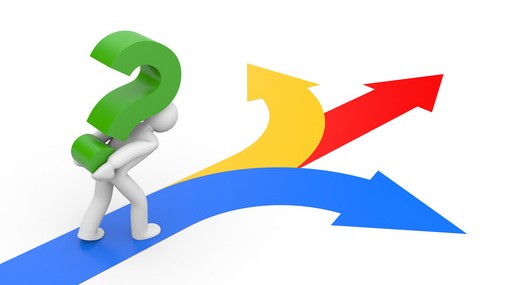
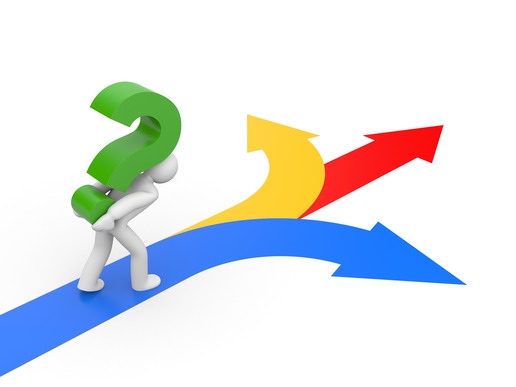 When it comes to pianos, they are more than a typical instrument you can put away in a case and hide from sight. Instead, a piano becomes a part of the décor in your home; an item that will provide years of entertainment and beauty for years to come if you service it on a regular basis. But what does that mean? Here are a few myths and facts to keep in mind for the piano in your home.
When it comes to pianos, they are more than a typical instrument you can put away in a case and hide from sight. Instead, a piano becomes a part of the décor in your home; an item that will provide years of entertainment and beauty for years to come if you service it on a regular basis. But what does that mean? Here are a few myths and facts to keep in mind for the piano in your home.
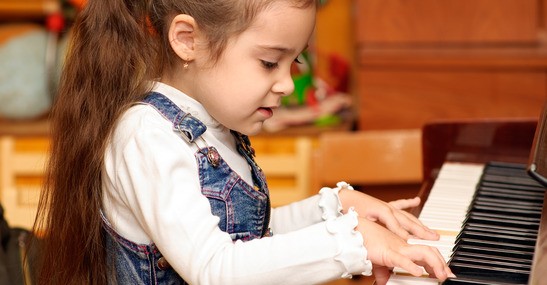
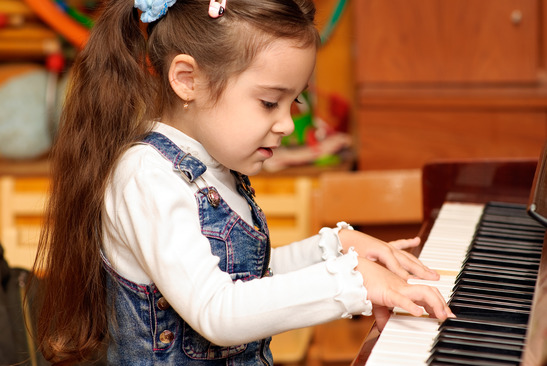 September is National Piano month. It is a time to reflect upon all things that are good about pianos and what their beautiful music has brought to our lives. Here are some interesting facts about music to help you celebrate National Piano month.
September is National Piano month. It is a time to reflect upon all things that are good about pianos and what their beautiful music has brought to our lives. Here are some interesting facts about music to help you celebrate National Piano month.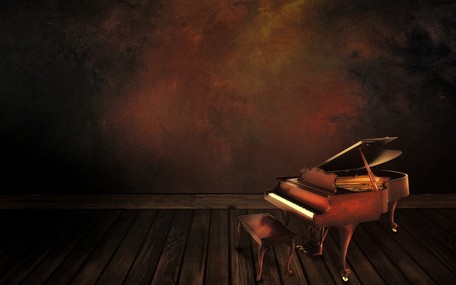
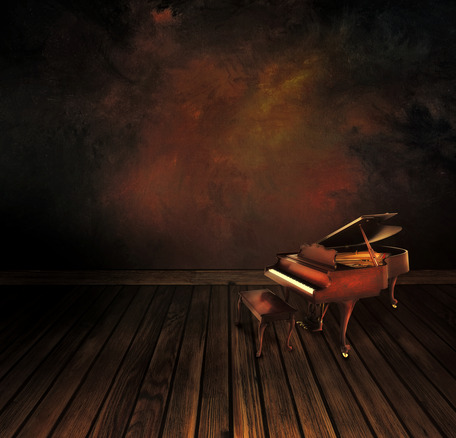 Whether you have a piano that’s been in your family for a long time, or you’re thinking about buying either a new or used one to bring into your home, how long will a piano last?
Whether you have a piano that’s been in your family for a long time, or you’re thinking about buying either a new or used one to bring into your home, how long will a piano last?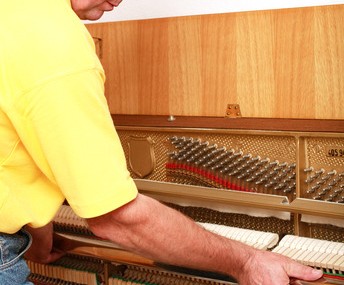
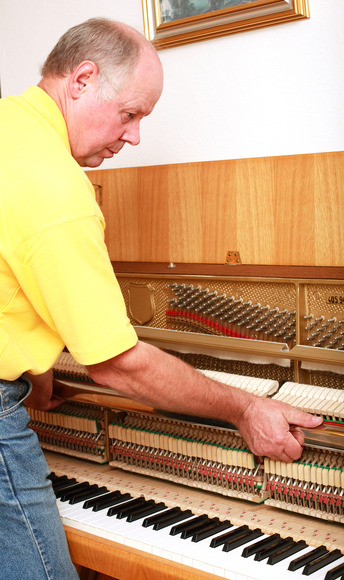

 However, all used pianos are not equal.
However, all used pianos are not equal.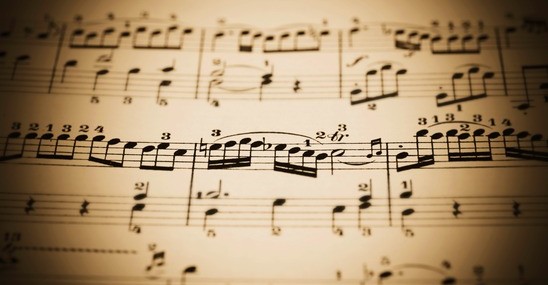
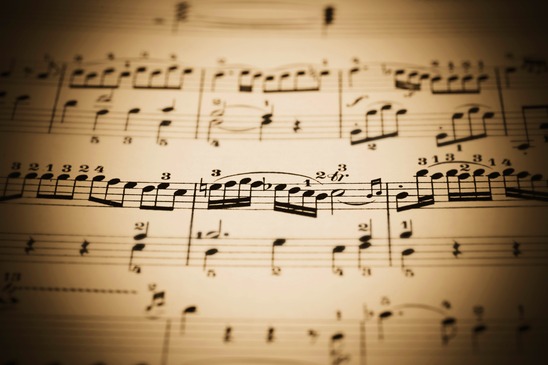 The second was is to use a tool – sheet music – to determine what notes should be played in what order. By incorporating the knowledge of written notes and converting them to notes on the keyboard, you can quickly interpret any music out of the piano.
The second was is to use a tool – sheet music – to determine what notes should be played in what order. By incorporating the knowledge of written notes and converting them to notes on the keyboard, you can quickly interpret any music out of the piano.
